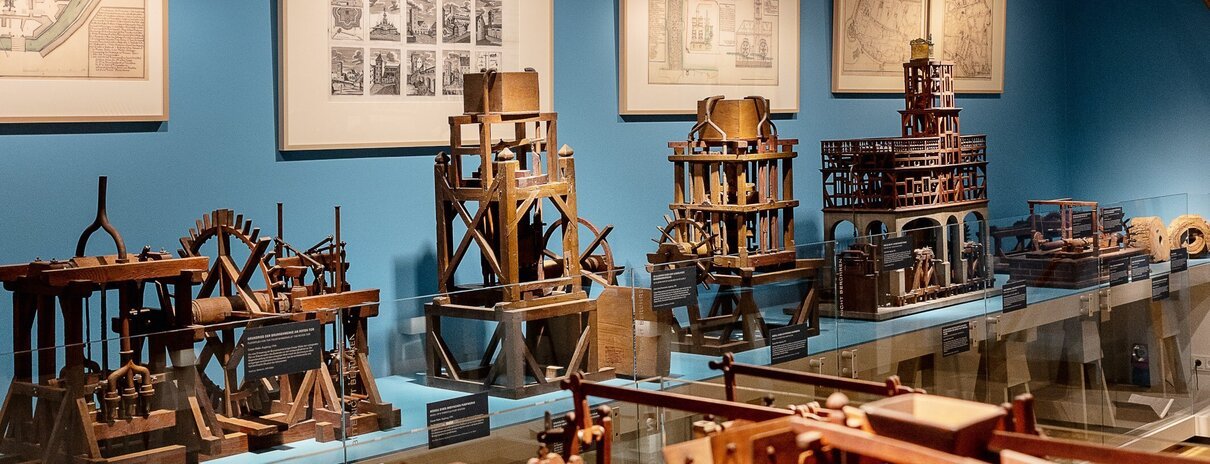
Within the field of scientific instrument fabrication during the late sixteenth and early seventeenth centuries in London, a remarkable lineage arose from a sequence of master-apprentice connections. It all commenced with Augustine Ryther, a distinguished engraver and instrument maker. Ryther’s apprentice, Charles Whitwell, followed his lead, further refining his skills and crafting instruments for prominent mathematical practitioners of that time. Whitwell, in turn, mentored Elias Allen, who emerged as the most pivotal scientific instrument maker in London throughout the seventeenth century.
Elias Allen made a substantial impact on the profession, being the first English craftsman to support himself exclusively through instrument creation. He educated numerous apprentices and built a prosperous business, crucial in establishing and enhancing the quality and design of tools utilized by mathematicians, navigators, and surveyors. While little information is available about Allen’s early years, it is thought that he was born near Tonbridge, Kent, in the late 1580s.
Allen perfected his skills as an apprentice under Charles Whitwell, and by 1611, he had obtained his freedom from the Grocer’s Company. He swiftly set up a successful independent practice, crafting an assortment of metal instruments. His business flourished with apprentices, distinguished by his adaptability in producing surveying, astronomical, and navigational devices.
Allen’s partnerships with notable mathematical figures of the period, such as Edmund Gunter and William Oughtred, placed him at the center of London’s mathematical community. His association with these individuals, along with the caliber of his work, transformed his workshop into a center for intellectual dialogue in mathematics and instrument making.
The instruments created by Gunter, especially the Gunter sector and scale, were fabricated by Allen, greatly aiding their widespread adoption and the progress of navigational methods at that time. Similarly, Oughtred’s advancements, such as the slide rule, were brought to life in Allen’s workshop, highlighting his accuracy and proficiency in instrument fabrication.
Although Elias Allen’s stature as a craftsman is evident through his lasting contributions and the achievements of his pupils, the specifics of his personal life remain unclear. Nonetheless, his influence in shaping the culture of mathematical and scientific instruments in London during the seventeenth century is undeniable, leaving a mark through the apprentices he trained and the precise instruments that characterized an era.